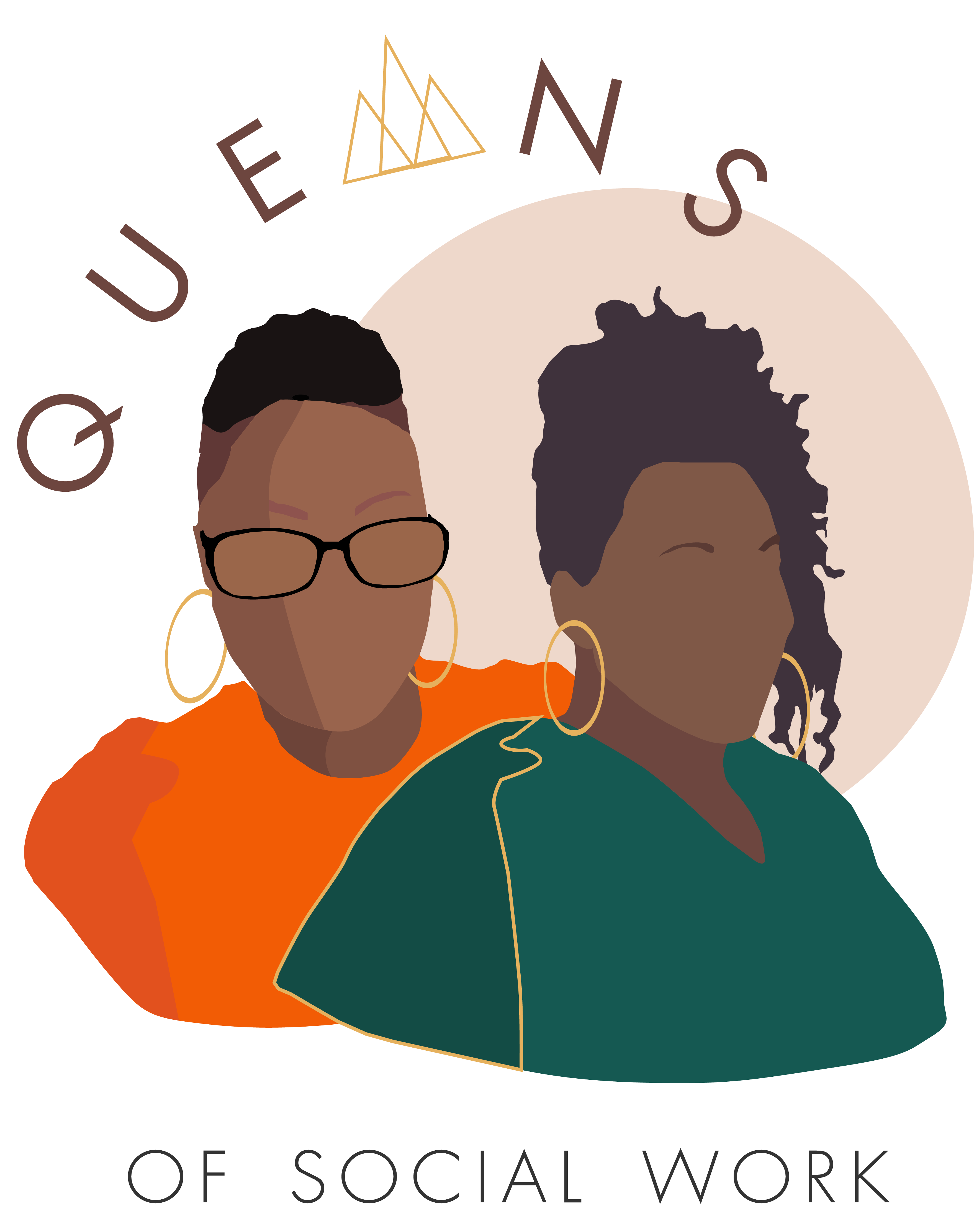Social work is a field that has long been dominated by women, particularly white women and this gender imbalance has persisted for decades. Despite its importance in advocating for vulnerable populations and promoting social justice, the social work profession struggles to attract men—especially Black men. This article explores the reasons behind this disparity, the implications for communities of color and the steps we can take to address this issue.
Understanding the Gender Gap in Social Work
The gender imbalance in social work is evident in both education and practice. According to the National Association of Social Workers (NASW), women make up approximately 83% of social workers in the U.S. This disparity can be attributed to several factors:
- Stereotypes about caregiving roles: Social work is often viewed as a “helping” profession traditionally associated with women. Men may shy away from pursuing careers that challenge societal expectations of masculinity.
- Lack of visibility and role models: Young men rarely see male social workers in their communities or in the media, which limits their exposure to the profession as a viable career path.
- Concerns about income and career stability: Social work is often perceived as a low-paying field, which can deter men who feel societal pressure to provide financially.
- Systemic barriers: Many men, particularly Black men, face additional hurdles in accessing higher education due to systemic inequities, making it harder for them to enter and thrive in the profession.
The Impact on Communities of Color
The lack of male representation in social work, especially among Black men, has a profound effect on communities of color. Social workers often serve as advocates and cultural brokers, helping clients navigate systems that may not always prioritize their needs. When clients don’t see social workers who reflect their own identities, it can hinder trust and connection.
For Black and Brown youth, having a Black male social worker can be transformative. These social workers can:
- Serve as role models and mentors, particularly for boys and young men who may lack male figures in their lives.
- Bring cultural awareness and understanding to their practice, challenging implicit biases within systems like schools, foster care and juvenile justice.
- Advocate for equity by addressing systemic racism and amplifying the voices of underserved populations.
The absence of Black men in social work often means that critical perspectives and lived experiences are missing from policy discussions and interventions aimed at addressing issues within marginalized communities.
How to Attract More Men to Social Work
To close the gender gap in social work, we need intentional strategies that make the profession more inclusive and appealing to men. These include:
- Increase visibility and representation: Promote stories of successful male social workers, particularly men of color, through media, educational campaigns and mentorship programs. Highlight the diverse roles social workers play in fields like mental health, criminal justice and education.
- Address stereotypes: Challenge outdated notions that caregiving and advocacy are “women’s work” by emphasizing the leadership, resilience and critical thinking required in social work.
- Offer financial incentives: Create scholarships, loan forgiveness programs and other financial support systems to reduce the economic barriers associated with pursuing a social work degree.
- Engage with younger generations: Start outreach early by introducing social work as a career option to middle and high school students. Partner with schools and community organizations to host career fairs and mentorship opportunities.
- Foster inclusive environments: Social work organizations and educational institutions should actively address biases and create spaces where men, particularly men of color, feel welcomed and valued.
The Queens Perspective: Social Workers of Color Leading the Way
The underrepresentation of men in social work, particularly Black men, is significant in communities of color, where cultural competency and representation are essential. Social workers of color bring unique insights that are critical for addressing systemic inequities and fostering meaningful change.
As we work to attract more Black men to the field, it’s also essential to create spaces where they feel supported and seen. To dive deeper into this topic, we invite you to listen to our Queens of Social Work podcast episode titled “Black Men and Mental Health.” In this episode, we explore the intersection of mental health, masculinity and the unique challenges Black men face. Learn how social workers can better support Black men in embracing emotional intelligence and seeking help when needed.
Click here (or listen below) to tune in and continue this important conversation.
